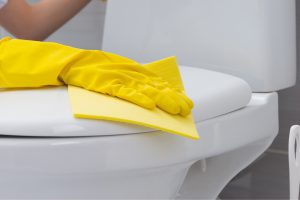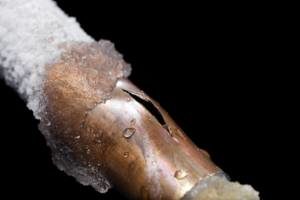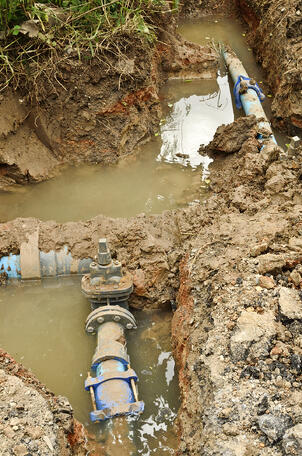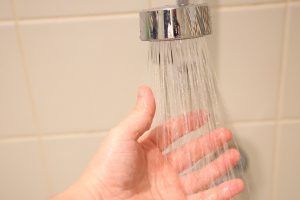Cleaning Hacks That Can Damage Your Toilet
Call Us at (877) 959-3534 for Plumbing Service
There are household chores, and then there is cleaning the toilet. Check out these dos and don’ts when it comes to doing the job right.
Don’t Fall for the TikTok Fabuloso Hack
While scrolling through TikTok dances and how-tos, you might have come across a TikTok video suggesting the use of cleaning agent Fabuloso inside the bowl to self-clean your toilet with each flush.
Tempting to imagine your bowl cleaning itself, but the reality is that placing a large bottle of cleaner inside your toilet tank can do more damage than good.
The constant chemicals can damage toilet parts like seals and gaskets made of plastic and rubber. That damage can cause your toilet’s inner workings to leak and fail. In addition, the bottle inside the tank displaces water used to adequately flush the toilet. That can lead to clogs and backups.
So, while a clean toilet is fabulous, leaving a bottle of cleaner inside your toilet tank is not.
Don’t Use Drano in Your Toilet
When you have a clog in your toilet, you want it gone quickly. Here’s the right way to unclog your toilet instead of using chemicals to do the job.
Harsh chemicals like traditional Drano use bleach, an active, caustic ingredient, to break down a clog. The chemicals are flushed down the drain as it works.
In the case of the toilet, the chemicals can get trapped in the S-shaped part of the bottom of the toilet, called a trap. The toilet, including the trap, is made of porcelain. The chemical process of the Drano emits heat in the process, which can crack the porcelain.
In addition, if you used the chemical to clear the clog and also used a plunger, you risk splashing the dangerous product onto your skin, which can cause skin irritations or burns.
Don’t Flush Cleaning Wipes
Disposable cleaning wipes are a convenient way to clean your toilet quickly, especially for getting rid of bacteria on the toilet handle and seat. However, the United States Environmental Protection Agency urges homeowners not to flush anything but toilet paper.
Cleaning wipes and even sanitary wipes labeled as “flushable” should never be disposed of down your toilet because they don’t break down in the sewer or septic systems and can damage your home’s internal plumbing and local wastewater collection systems.
So, go ahead and try that latest dance challenge, but be cautious of those toilet-cleaning hacks that might cause damage to your plumbing system.
Call Us at (877) 959-3534 for Plumbing Service
This post first appeared on https://lentheplumber.com




 Discovering you have a burst water pipe on your hands is never fun. You have several options once this problem arises at your Sacramento home. You can repair the water pipe or you can replace it.
Discovering you have a burst water pipe on your hands is never fun. You have several options once this problem arises at your Sacramento home. You can repair the water pipe or you can replace it.